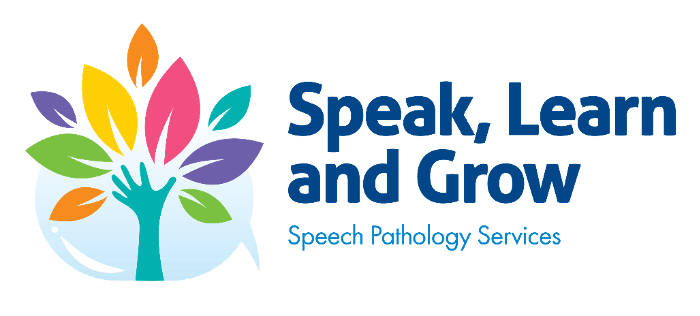Gestalt Language Processing and Receptive Language
As we continue to support GLPs let’s critically consider whether our receptive language assessments are well suited to accurately describing their comprehension skills. Each child has a wealth of potential that we may not fully see, especially in the earlier stages of gestalt language processing. By focusing on holistic language development, advocating for strengths-based approaches, and considering the child’s emotional and sensory needs, we can create a more inclusive environment that truly fosters understanding and growth.
Navigating the Stages of Natural Language Acquisition for GLP
Unlike analytic language processors who build language from words to sentences, gestalt language processors learn language in chunks, or “gestalts,” before breaking them down into smaller parts. Let’s dive into the six stages of natural language acquisition specific to gestalt language processors and explore how we can support these learners at each stage.
Understanding Gestalt Language Processing
As professionals dedicated to nurturing communication skills in children with special needs, understanding the difference between analytic language processing and gestalt language processing is crucial. When gestalt language processors are treated with the wrong approach, their language can become stuck and inflexible. However, when they are supported to move through the stages of natural language acquisition, they develop original, flexible language.
How to Identify a Gestalt Language Processor
In order to provide the correct intervention, we need to be able to identify which children are GLPs. Alex Zachos (www.meaningfulspeech.com) identifies four main indicators that a child may be a GLP. Let’s explore these signs in more detail and how to spot them in your clinical practice.
Understanding Single Words: Is this Gestalt Language Processing?
Many gestalt language processors (GLPs) use lots of single words in the early stages. Most people assume that gestalts are only longer scripts from media or from what is said around them. In reality, a gestalt can be any length, even as short as a single word. Let’s explore how to we identify if a single-word user is a gestalt language processor and what to do to support them.
The Vital Importance of Career Progression in Speech Pathology
While many are drawn to the field of Speech Pathology due to its compassionate nature, it is equally important to recognise the significance of career progression in speech pathology. Career growth in this field not only benefits the speech pathologist, but also enhances the quality of care provided to clients.
Gestalt Language Processing is NOT a diagnosis
You may be familiar with gestalt language processing (GLP) and you may be aware that many autistic children (but not all) process language this way. GLP is a natural and normal way for some children to acquire language. Despite its prevalence, GLP is often misunderstood, sometimes even mistaken for a language disorder. However, GLP is not a diagnosis—it’s simply one way that language can naturally develop.
Understanding and Treating Vowels
As a trained Speech Pathologist you may feel relatively confident and comfortable treating speech sound errors. However, much of the training you received on articulation therapy probably focused on consonant sounds. You may feel less confident in working with vowel errors, even though many of the clients you work with are likely to experience difficulty producing vowel sounds accurately.
Unlocking the Thumb-sucking mystery: A dive into the neurochemistry of non-nutritive sucking
Thumb-sucking is a common childhood habit that typically begins in infancy as a natural reflex for self-soothing. However, when this behaviour persists beyond the age of four, it can raise concerns among parents and caregivers. Prolonged thumb-sucking can result in a number of structural changes that impact a child’s health, swallowing and speech.
What is Orofacial Myology and What is its Relevance to Speech Pathology?
Orofacial myology is a specialised field within the realm of speech pathology and dentistry that focuses on the study and treatment of oral and facial muscles’ functions and dysfunctions.










